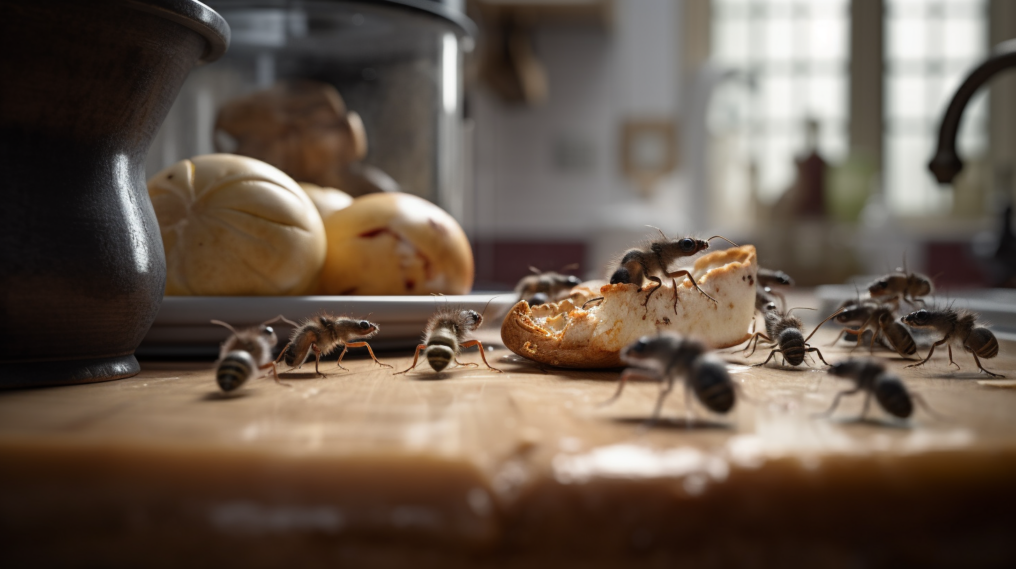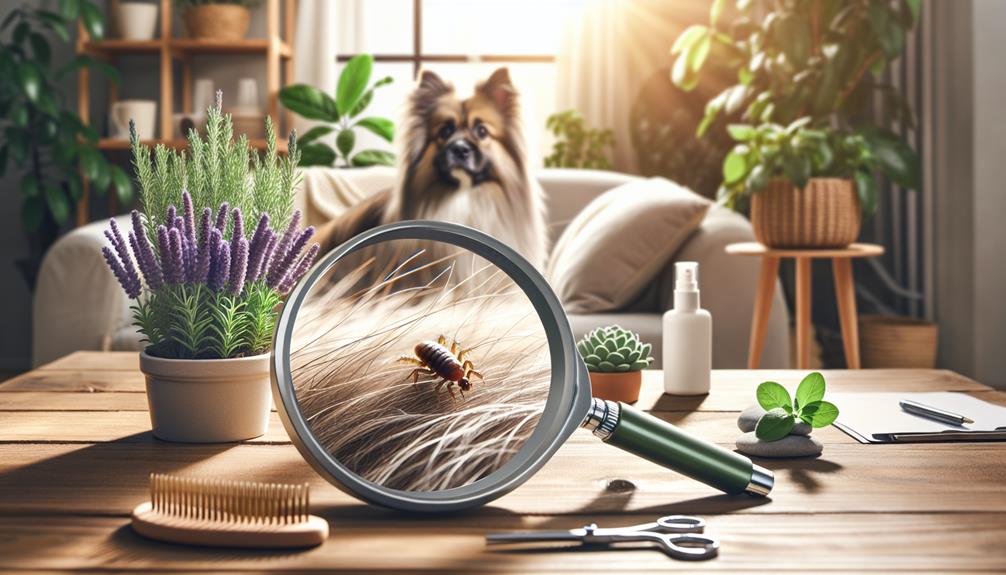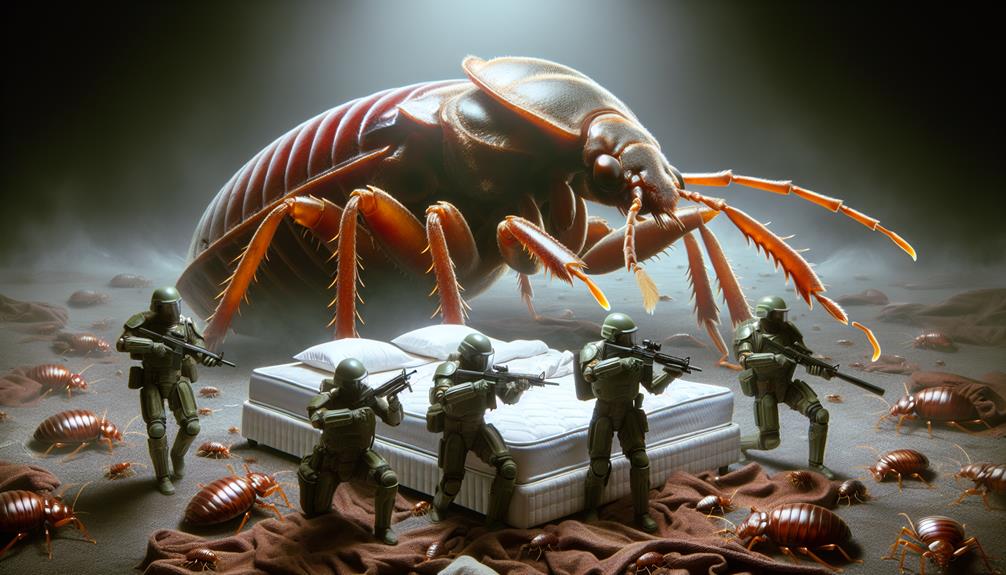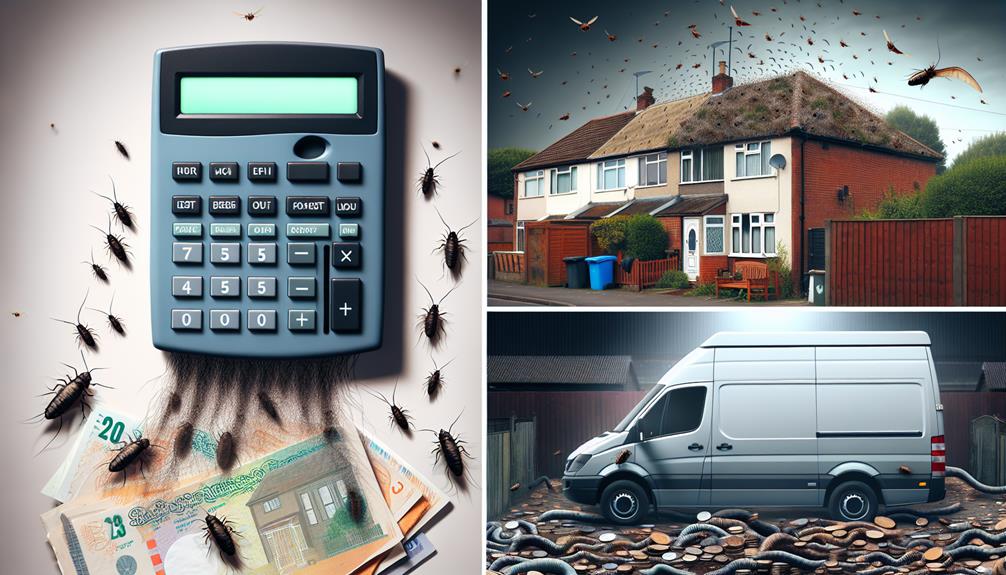Pests like mice, cockroaches, and termites are far too common of a nuisance in Romford. Dealing with an infestation can be frustrating, unhealthy, and costly if severe.
To help homeowners identify and control the top pests, here is an overview of the 10 most common household pests in Romford:
1 Mice
Mice are one of the most frequent and difficult pests to control. They can squeeze through tiny cracks and crevices, reproduce rapidly, and contaminate food with their droppings.
Key Takeaway: Be on the lookout for signs of mice like droppings and gnawed goods. Seal up any entry points.
FAQ: How do you get rid of mice naturally?
Answer: You can make your own natural mouse repellent using essential oils, soap, and pepper. Sealing up holes and tidying clutter also deters mice without chemicals. Traps are also an effective natural control method.
2 Cockroaches
Cockroaches are another common pest notorious for spreading filth and ruining food. They reproduce quickly in moist, warm environments.
Key Takeaway: Roaches can spread disease easily via contaminated surfaces and food. Keep your kitchen meticulously clean.
FAQ: What home remedies kill cockroaches?
Answer: Boric acid powder is a natural home remedy that poisons roaches. Bay leaves and lemon peels can also repel them. Avoid using harsh chemicals around food surfaces.
3 Bed Bugs
While not dangerous, bed bugs can cause severe allergic reactions, itchiness, and insomnia. They are vampiric pests that feed on human blood at night.
Key Takeaway: Look for telltale bite marks on the skin and rust-coloured stains on sheets. Inspect mattress seams carefully.
FAQ: How do you get rid of bed bugs permanently?
Answer: Most bed bug cases require professional heat treatments by pest control experts. Trying DIY sprays and powders alone often fails to fully eliminate infestations.
4 Ants
There are many ant species, but all seek out food and moisture. Inside, they consume human food and pet food. Outside, they create hills and use your home to nest.
Key Takeaway: Wipe away any ant trails you see immediately. Store food promptly and clean surfaces to remove access to food.
FAQ: Why do I suddenly have ants in my house?
Answer: Ants often enter homes in search of food and water during hot, dry weather. Tidy up crumbs, wipe down counters, and store food in sealed containers to discourage ant infestations.
5 Spiders
Several spider species like brown recluses and black widows can inflict bites. Webs in your home also indicate pests like flies or roaches in their diet.
Key Takeaway: Inspect windows, attics, basements, and garages carefully for webs and spiders. Their populations often boom in warmer months.
FAQ: How do you get rid of spiders in your house naturally?
Answer: Diatomaceous earth and essential oils make effective, natural spider repellents. Keeping your home tidy, sealing cracks, and cleaning webs also help deter spiders.
6 Termites
Termites feast on wood and plants, causing major structural damage. Warning signs include hollowed wood, crumbling drywall, or droppings that resemble sawdust.
Key Takeaway: Get professional inspections if you suspect termites. They often require intensive fumigation and treatment plans.
FAQ: What smells keep termites away?
Answer: Strong scents like tea tree, lavender, mint, cloves and garlic can deter termites. However, professional chemical treatments are usually needed to fully eliminate termite infestations.
7 Mosquitoes
Mosquitoes are rampant during warmer, wetter months. They breed easily in standing water sources around your home.
Key Takeaway: Eliminate breeding grounds, wear repellent, install screens and use candles/torches to deter mosquitoes.
FAQ: How do you keep mosquitoes away naturally?
Answer: Citronella candles, electric zappers, oscillating fans, mint plants, lemon eucalyptus and garlic are natural mosquito deterrents. Avoid scented soaps and perfumes that attract them!
8 Fleas and Ticks
Fleas and ticks thrive in grass and woods before hitching rides on humans or pets entering the home. Bites can lead to painful rashes and Lyme disease.
Key Takeaway: Check pets and yourself after going outside and treat your home and pets with sprays/foggers.
FAQ: How do I get rid of fleas in my house fast?
Answer: Vacuum all floors and furniture thoroughly to remove eggs and larvae. Use sprays and foggers safe for use around pets. Treat your yard as well since fleas live outdoors.
9 Pantry Pests
Pantry moths, weevils, beetles and other pests infest kitchen pantries and devour your dry goods. Look for larvae, cocoons, moths, tiny black bugs or holes in packages.
Key Takeaway: Discard infested foods immediately. Wipe shelves and store items in airtight containers.
FAQ: How do you keep bugs out of rice?
Answer: Store rice and grains in airtight plastic or glass containers. You can also freeze rice for 72 hours to kill any eggs before storing it.
10 Wasps and Bees
Wasps and bees pose serious sting risks and build hives on sheds, garages, and more. Stay away if you spot a hive.
Key Takeaway: Never disturb hives yourself. Call a professional to safely remove them and avoid getting stung.
FAQ: How do you get rid of a wasp nest without an exterminator?
Answer: It’s not recommended. Improper wasp nest removal risks getting stung. Professionals have protective gear and the right products to remove hives safely.
Don’t Let Pests Ruin Your Home
If you suspect any of these common pests in your Romford home, take action right away before infestations grow out of control.
For fast, effective pest control services in Romford, contact the expert team at Bugwise Pest Control.
- Free pest inspections
- Customized treatment plans
- Effective DIY tips and products
- Whole-home pest elimination
Get rid of mice, cockroaches, bed bugs and more with Bugwise Pest Control!
Call 0208 914 7919 or visit https://bugwisepestcontrol.co.uk/pest-control-in-romford/ to schedule an appointment today.
You may also enjoy reading this article
Was This Article Helpful?
- Please provide feedback and comments to help us improve our content.
- Share your experiences and any additional tips you have for dealing with pests.
Share this Post



